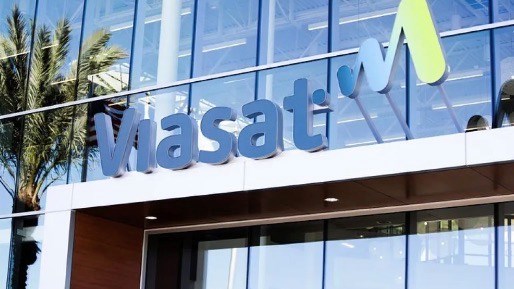
- Viasat is keen to acquire UK satellite operator Inmarsat for $7.3bn
- The deal has been under scrutiny by the UK’s Competition and Markets Authority
- Now the CMA has decided that the deal can proceed
- It believes the combined companies will face plenty of competition in an expanding satellite services sector
- But a key ruling is still to come
Following an in-depth review into the potential impact on customer options, the UK’s Competition and Markets Authority (CMA) has given its approval for the $7.3bn acquisition of British satellite operator Inmarsat by its US peer Viasat, a deal first announced in November 2021.
The CMA had initiated an investigation into the deal last year and, concerned that it might impact competition in the market for satellite-enabled video and data services, it initiated a Phase 2 review in October. The initial findings of that review, unveiled in March, were positive, but industry consultation was still required.
Following that process, the authority has now given the all clear to the merger of the two geostationary (GEO) satellite operators, concluding that the merged company will face plenty of competition in the near future as the satellite services sector attracts new players.
“While Viasat and Inmarsat compete closely – specifically in the supply of satellite connectivity for Wi-Fi on flights – the deal does not substantially reduce competition for services provided on flights used by UK customers,” noted the CMA.
It added that the “satellite sector is expanding rapidly – a trend that is set to continue for the foreseeable future” due to increasing demand from the enterprise and consumer sectors.
“A number of new operators have recently entered, or are planning to enter, the satellite communications sector to offer connectivity services for aircraft – these include Starlink, operated by SpaceX,” noted the CMA, which also namechecked Panasonic and Intelsat as other companies that will put competitive pressure on Viasat following recent agreements with low-earth orbit (LEO) satellite player OneWeb.
“The satellite communications sector is evolving at rapid pace – new companies are entering the market, more satellites are being launched into space, and firms are exploring and entering into new commercial deals. All the evidence has shown that the sector will continue to grow as the demand for satellite connectivity increases,” stated Richard Feasey, chair of the inquiry group carrying out the Phase 2 review. “After carefully scrutinising the deal, we are now satisfied that, following the merger, these developments will ensure that both airlines and their UK customers will continue to benefit from strong competition.”
Naturally, Viasat is very pleased with the decision, noting that it has now had clearance from the UK government under the National Security and Investment Act and the CMA, as well as the Australian government’s Foreign Investment Review Board (FIRB) and the Committee on Foreign Investment in the US.
“The decision validates our position that the combination of our two companies will strengthen competition in a dynamic market that continues to attract substantial levels of investment and enables us to offer better services to our customers,” stated Mark Dankberg, chairman and CEO at Viasat. “Additionally, this deal will also create new high-skill technology jobs, deepen Viasat's capabilities in the UK, and ultimately help to deliver the goals of the UK’s National Space Strategy."
Viasat and Inmarsat note they will ”continue to work through other regulatory approvals,” and there are still a few big ones to come as the European Commission opened an in-depth investigation into the deal in February and is set to report its findings by 29 June, and the deal is still being probed by the Federal Communications Commission (FCC) in the US.
This isn’t the only satellite M&A deal in play: Satellite giants Intelsat and SES are also in merger discussions, while Eutelsat is in the process of trying to acquire OneWeb, in which it is already a stakeholder.
- Ray Le Maistre, Editorial Director, TelecomTV




